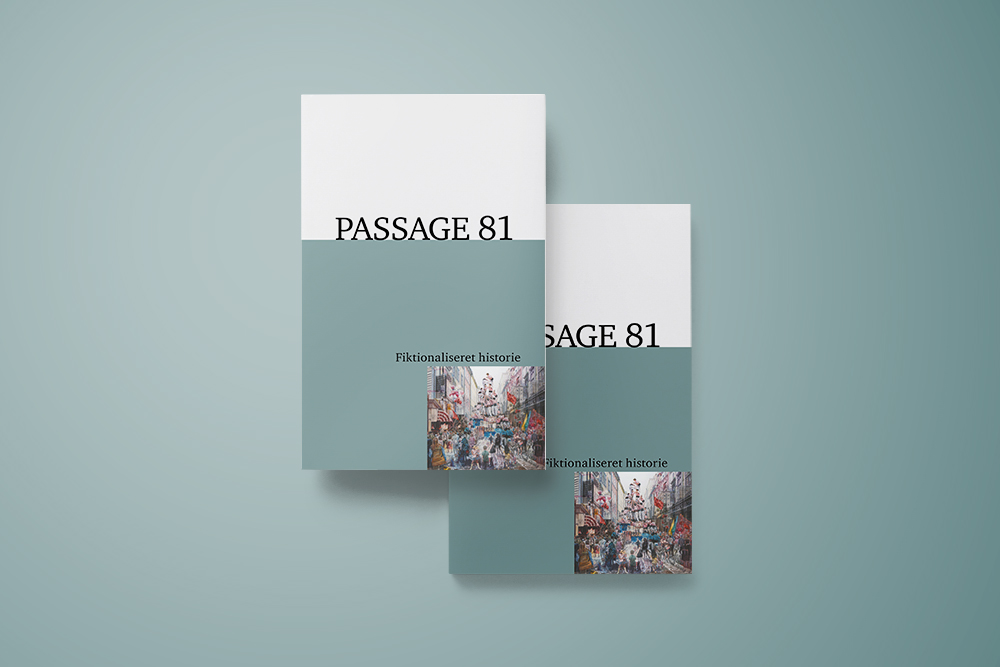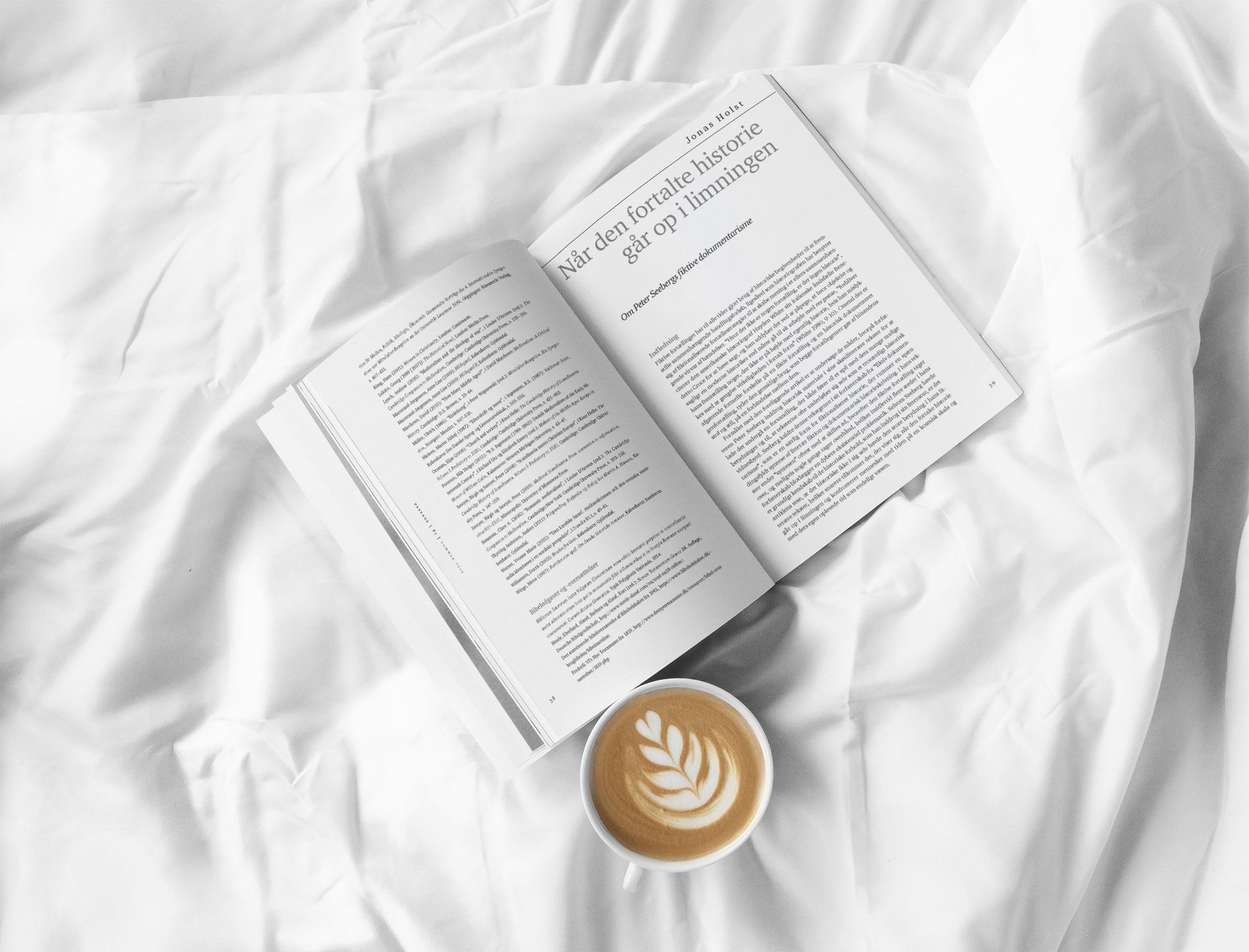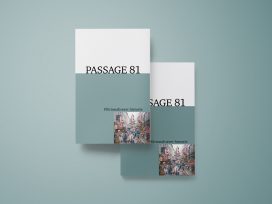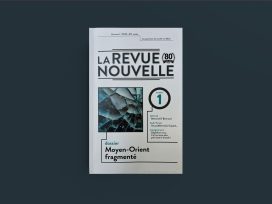In Danish journal ‘Passage’, David Hasberg Zirak-Schmidt examines how theatre shapes public attitudes to historical events, with a special look at Shakespeare’s histories. Also, contributions on the ‘fictive documentaries’ of Danish modernist Peter Seeberg and the potrayal of female victims in true crime.
 In literary theory journal Passage, David Hasberg Zirak-Schmidt examines how theatre shapes public attitudes to historical events, primarily via selective omission. Henry VIII’s manoeuvring to divorce Catherine of Aragon, in the eponymous play by Shakespeare and Fletcher, illustrates how dramatic retelling entails ‘interaction between recall, forgetting and historiography’.
In literary theory journal Passage, David Hasberg Zirak-Schmidt examines how theatre shapes public attitudes to historical events, primarily via selective omission. Henry VIII’s manoeuvring to divorce Catherine of Aragon, in the eponymous play by Shakespeare and Fletcher, illustrates how dramatic retelling entails ‘interaction between recall, forgetting and historiography’.
Modernism
Jonas Holst analyses the ‘fictive documentaries’ of Danish modernist Peter Seeberg, in which ‘narrated history comes apart at the joins’. As the American historiographer Hayden White put it: ‘without a narrative there can be no history’. After Seeberg’s first novel, which reflected obliquely on his experiences in wartime Berlin, he excluded major historical events and instead relied on everyday records such as obituaries, which served as ‘ready-mades’ for his short stories.
Murder
Anne Bettina Pedersen places the 1965 case of teenager Sylvia Likens at the centre of her essay on the fictionalization of torture and murder. She argues that the individual stories in this case have not only been retold in many ‘true crime’ narratives, but also have a wider impact in written and filmed fiction. Sylvia is the archetypal ‘beautiful dead girl’, whether as the victim of sadism and embodiment or as object lesson in misogyny, sexual puritanism and the oppression of minorities.
Also: Articles discuss the reimagining of events and characters from the Nordic medieval period, including the age of the Vikings, in historical novels, plays, film, TV series, museum exhibitions and paintings.
This article is part of our 13/2019 Eurozine review. Click here to subscribe to our reviews, and you also can subscribe to our newsletter and get the bi-weekly updates about latest publications and news on partner journals.
More articles from Passage in Eurozine; Passage’s website

Published 12 August 2019
Original in English
First published by Eurozine
© Eurozine
PDF/PRINTNewsletter
Subscribe to know what’s worth thinking about.




